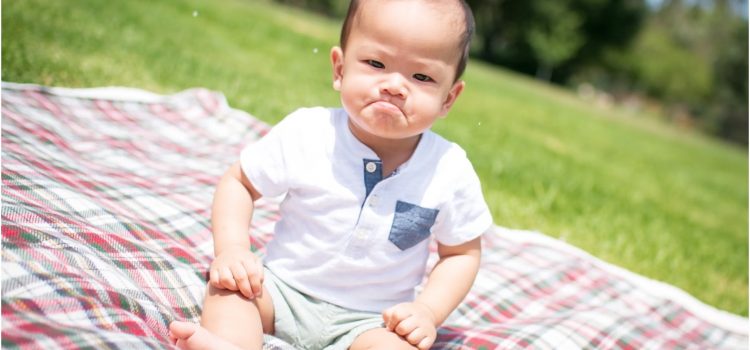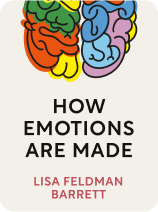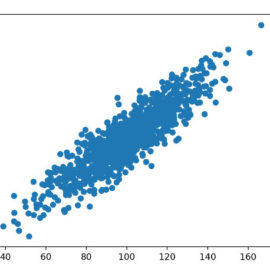

This article is an excerpt from the Shortform book guide to "How Emotions Are Made" by Lisa Feldman Barrett. Shortform has the world's best summaries and analyses of books you should be reading.
Like this article? Sign up for a free trial here.
What does psychological research say about innate emotions? Why are innate emotions now considered to be an outdated concept? Where do your emotions actually come from?
In her book, How Emotions Are Made, Lisa Feldman Barrett analyzes and critiques outdated concepts of human emotions, developing a new theory based on neuroscience and her background in psychology. Barrett’s research shows that innate emotions are an outdated illusion of past experiments.
Read on to learn why innate emotions don’t exist and where emotions actually come from, according to Barrett.
Why Emotions Are Not Innate—They’re Constructed
Myth: Emotions are natural and innate.
Reality: Your brain makes emotions in the moment by applying the emotion concepts it’s learned to sensory input. Your brain is guessing at the meaning of external and internal sensory input based on prior experience.
Lisa Feldman Barrett asserts that the brain takes in external sensory input from your environment, as well as internal sensory input about the state of your body, and tries to make sense of these sensations using emotion concepts—not innate emotions.
In essence, your brain is constantly trying to guess (predict) the meaning of sensory input, so it can determine how to budget your body’s resources and what action to take next. To do so, your brain relies on past experiences, organized as emotion concepts. Rather than innate emotions, these emotion concepts function as mental explanations for what’s going on inside and around you. If you didn’t have concepts, all the sensory input you received from the word would just be meaningless noise.
(Shortform note: Neurologists argue that smell can trigger memories and emotions more than the other senses, likely because of the proximity between the olfactory bulb and the limbic system (the part of the brain responsible for memory and emotion). The memories that arise from smell instantly relate to emotion. For example, if you have happy memories of spending time with your grandpa, who was a smoker, then the external input of cigarette smoke can elicit a positive emotion.)
Your infant brain doesn’t have innate emotions, rather it compresses the sensory input it receives, creating similarities out of differences to make concepts. It takes all of your past experiences with a particular emotion and categorizes them into emotion concepts such as “joy,” “excitement,” or “despair.” Once you’ve learned these concepts, your brain can run this process in reverse, expanding the similarities into differences to do what Barrett calls “constructing an instance of a concept,” also known as predicting. All concepts that your brain makes are ways of regulating your body.

———End of Preview———
Like what you just read? Read the rest of the world's best book summary and analysis of Lisa Feldman Barrett's "How Emotions Are Made" at Shortform.
Here's what you'll find in our full How Emotions Are Made summary:
- A deep dive into what emotions really are and where they come from
- How some cultures have different emotions than others
- The difference between feelings and emotions






